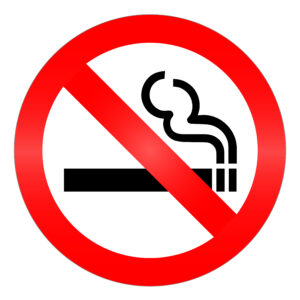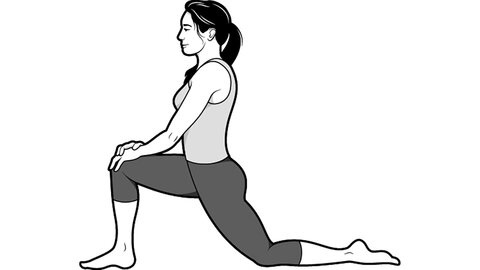05 Oct General Do’s and Don’ts Pre-op
Dos:
Follow Preoperative Instructions: Carefully adhere to any instructions provided. This may include dietary restrictions, medication adjustments, and specific hygiene routines.
Discuss Medications: Inform the team about all the medications, supplements, and over-the-counter drugs you are taking. Some medications may need to be stopped or adjusted before surgery.

Pre op Tests: Provide pre op blood tests or other specific test results if required.
Birth Control: You may need to stop taking birth control 10 days pre op. Consult the team and follow the instructions.
Hydrate: Drink plenty of water unless otherwise directed. Proper hydration can help with recovery.
Maintain a Healthy Diet: Eat a balanced diet with a focus on nutrient-rich foods like fruits, vegetables, lean proteins, and whole grains. Avoid consumption of alcohol and high-fat, greasy foods.

Quit Smoking: Smoking can impair healing and increase the risk of complications. Stop smoking at least 14 days pre surgery.
Recreational Drugs: Be honest about any recreational drug use. Certain drugs can interact with anaesthesia and medications, potentially leading to complications during surgery. You should stop using recreational drugs well in advance of surgery to allow your body to eliminate them from your system.

Exercise: Engage in light exercise. Staying physically active can promote better circulation and lung function.
Understand the Procedure: Have a clear understanding of the surgery, its purpose, and potential risks and benefits. Ask questions and discuss any concerns with the team.
Don’ts:
Don’t Eat or Drink Before NPO: Follow the “nothing by mouth” (NPO) guidelines provided the team. Typically, you should stop eating and drinking for around 6-8 hours before surgery to reduce the risk of aspiration during anesthesia.
Don’t Discontinue Medications Without Approval: Do not stop taking prescribed medications without consulting the team. You will be advised on which medications to continue or discontinue before surgery.
 Don’t Ignore Infections or Illness: If you develop an infection, fever, or any illness in the days leading up to surgery, inform the team immediately. Surgery may need to be postponed if you’re unwell.
Don’t Ignore Infections or Illness: If you develop an infection, fever, or any illness in the days leading up to surgery, inform the team immediately. Surgery may need to be postponed if you’re unwell.
Don’t Make Last-Minute Changes: Avoid making any significant lifestyle or dietary changes right before surgery without consulting the team. Sudden changes can affect your body’s stability.
Don’t Assume Everything is Normal: If you experience any unusual symptoms or discomfort leading up to surgery, contact the team for guidance.
Remember that these dos and don’ts are general guidelines, and the team may provide you with more specific instructions based on your unique situation. Always communicate openly and follow the advice for the best surgical outcome.
Whoever you are you deserve to feel like the best version of you.
We invite you to request a consultation online, or call us at +44 7432 168449 to schedule an appointment.

